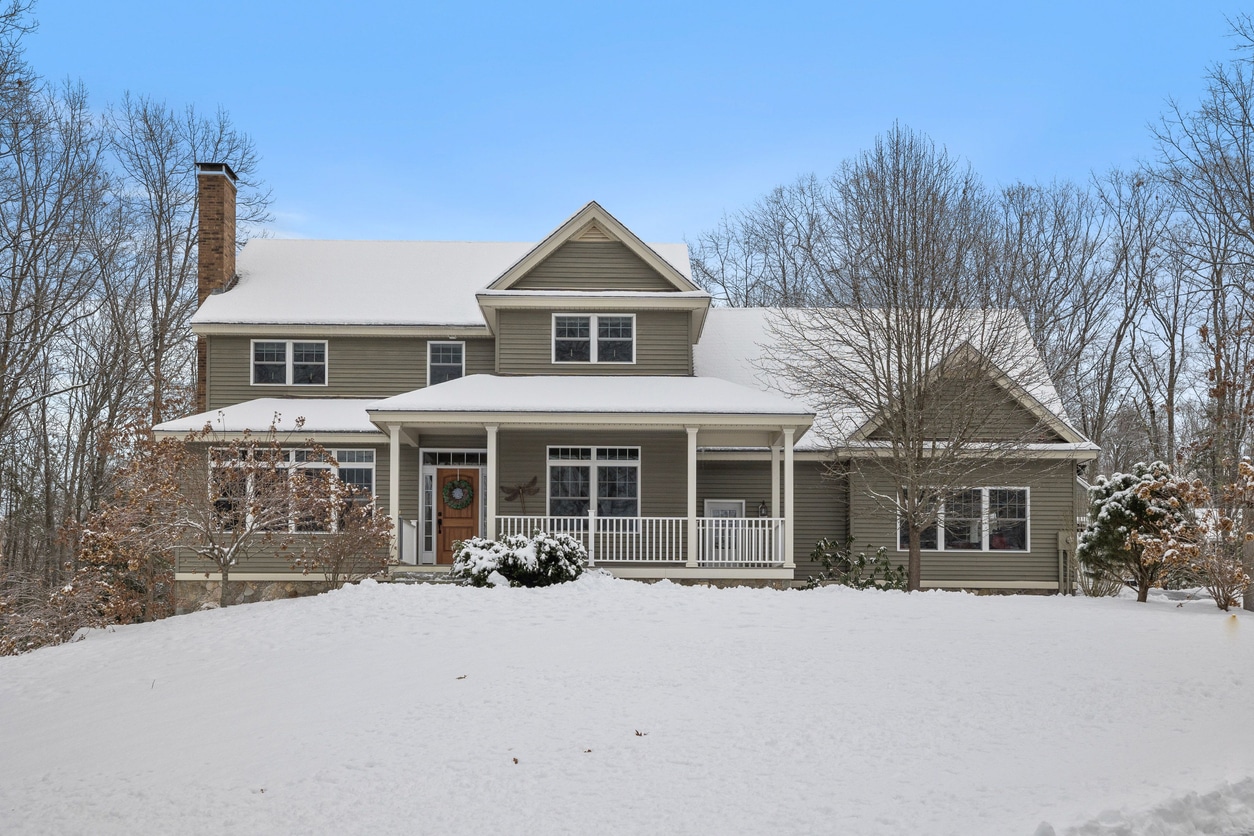
With colder weather on the way, is your house ready for whatever winter may bring? Despite the heat, heavy rain, and occasional tornadoes of summer, winter weather actually inflicts more damage on homes. According to the Insurance Information Institute, a recent winter broke all records for home damage, causing more than $2 billion in claims. Here are some ways to reduce these risks of colder weather, as well as the potential costs that come with them.
- Protect the pipes. Water pipes that are exposed to frigid outdoor air may freeze and rupture. Damage to the household's structure can be extensive. Make sure all water pipes that may be affected by colder weather are properly insulated. Seal air leaks that allow cold air to seep into the home's structure. Also, consider installing indoor shutoff valves to turn off water to outdoor faucets that might freeze.
- Inspect tree limbs. A large limb can weigh several hundred pounds and inflict major structural damage if it falls on your house. Assess the condition of any large tree limbs that extend over the roof. Can all withstand the heavy weight of an ice storm or the strain of high winds? Suspicious limbs should be trimmed back from the house, and dying or dead limbs should be removed entirely. Also make sure that no limbs can fall on power lines.
- Clear the gutters. Leftover leaves from the fall season may be clogging gutters. Heavy rain or snow melt during winter may cause gutter overflow. Water cascading down the walls can penetrate exterior walls and inflict costly damage.
- Get the heating system checked. An annual heating system inspection by a certified HVAC technician is vital for safety. It’s also important to maintain adequate warmth and avoid cold-weather damage to the house. A technician will inspect burners, heat exchangers, and venting to confirm safe operation, as well as confirm the proper operation of carbon monoxide alarms.
As colder weather approaches, contact the HVAC professionals at Jackson & Sons to help ensure that your home's prepared.